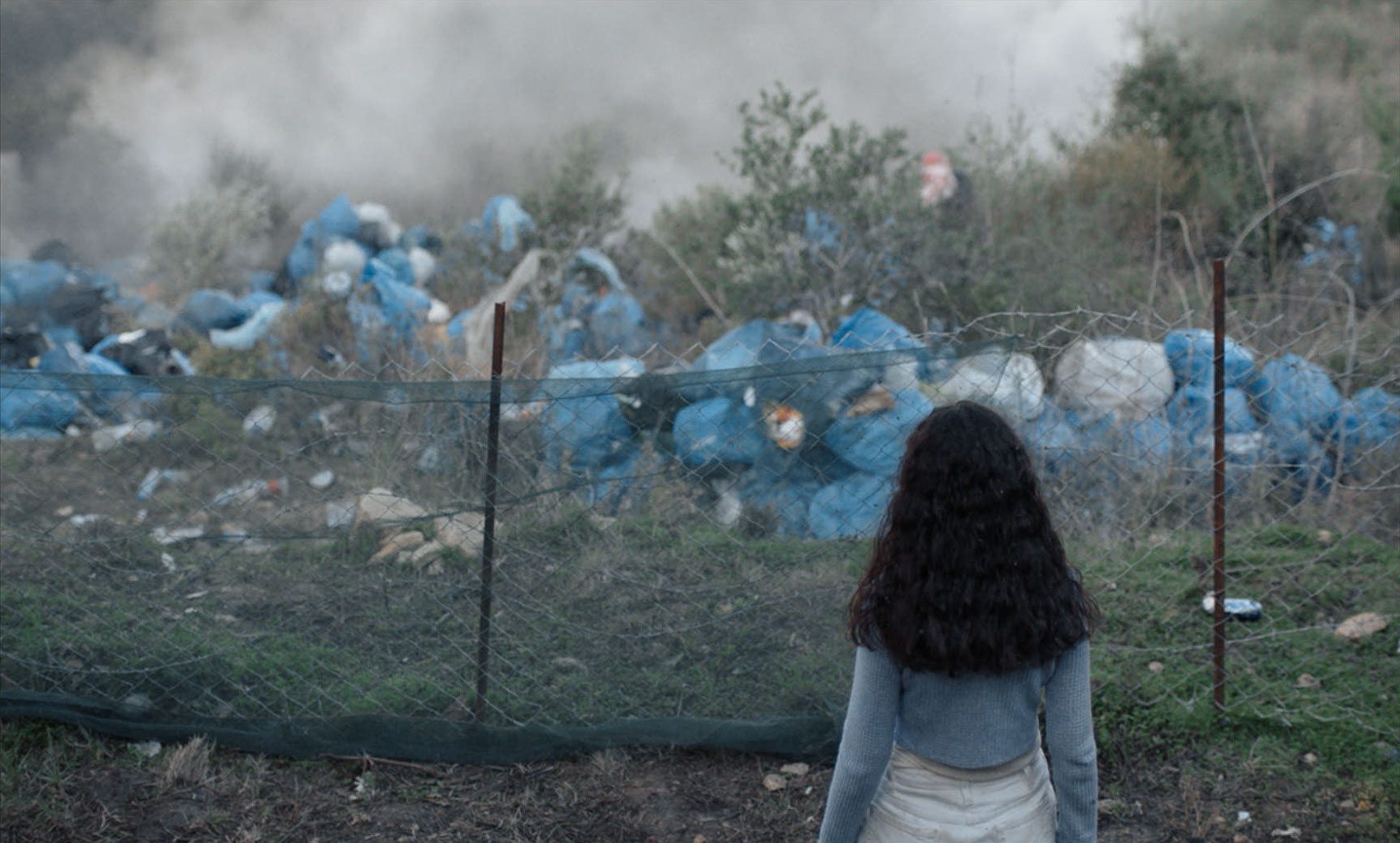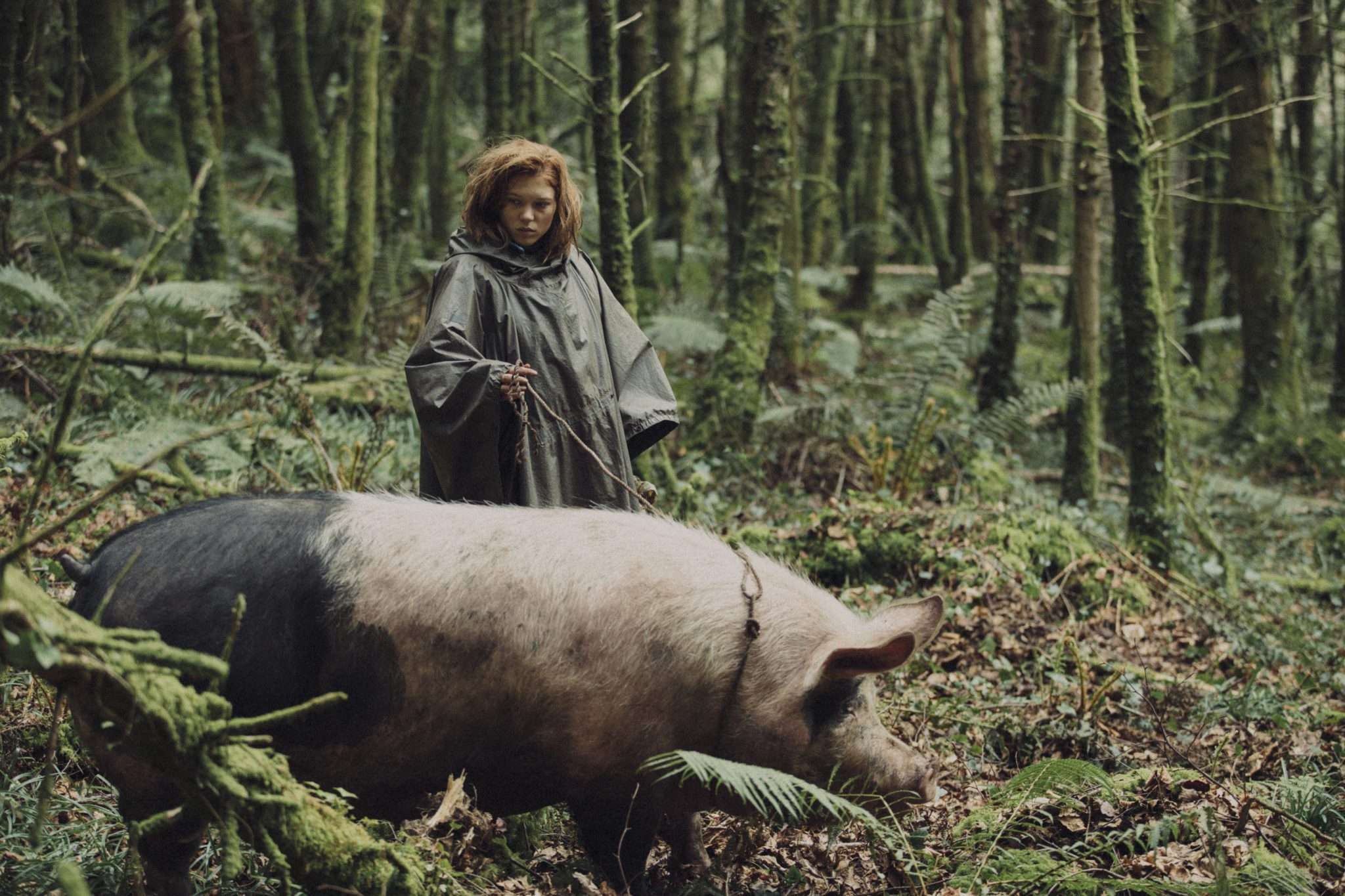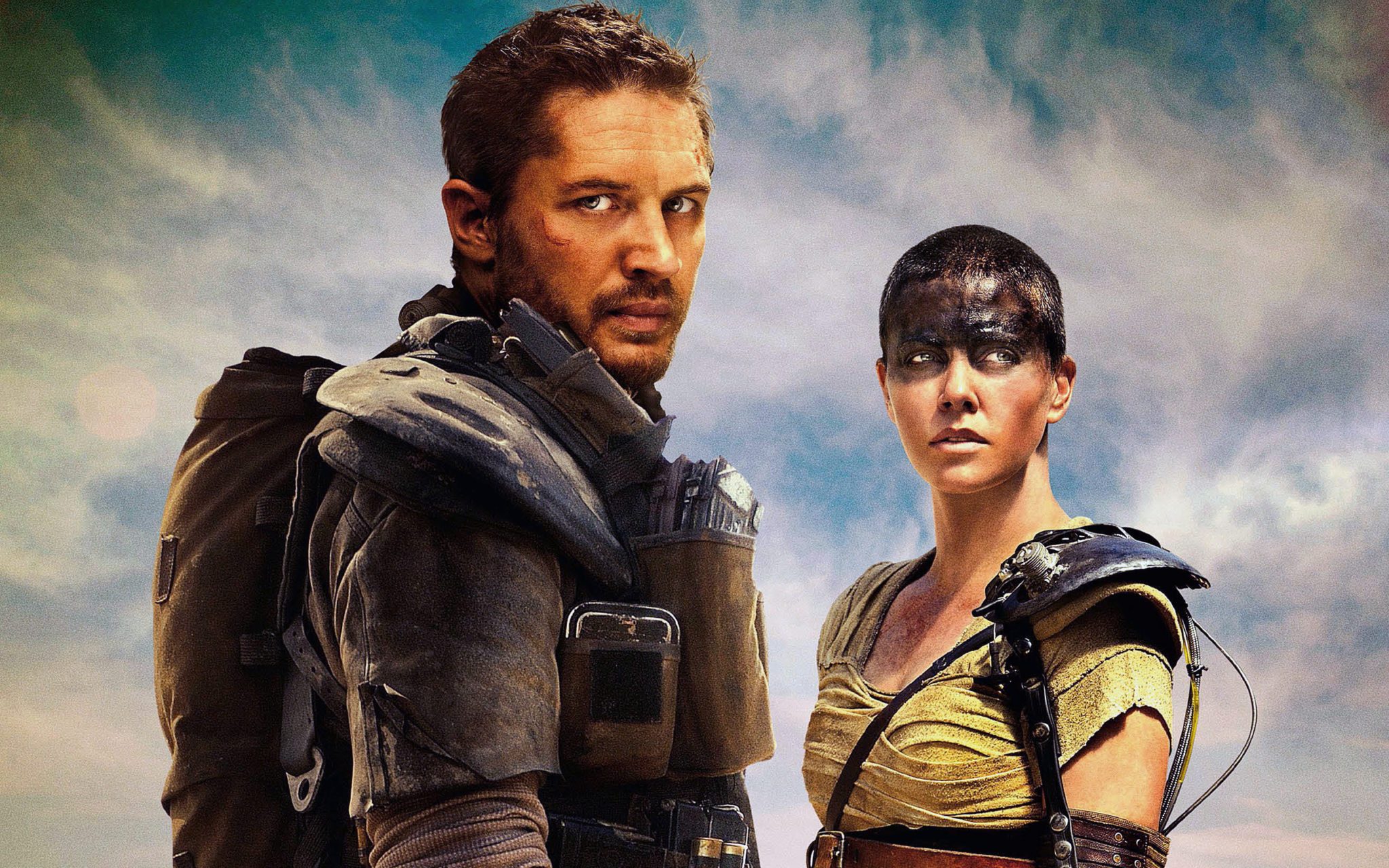
Costa Brava, Lebanon – Dealing with the trash
?It takes more time to solve adult problems.? ?Then, why didn?t you start solving them sooner?? It?s tempting to call Mounia Akl?s Costa Brava, Lebanon a trashy movie, but that might give the wrong idea. It is a movie that looks at the trash we cannot avoid, no matter how hard we try. It is…





